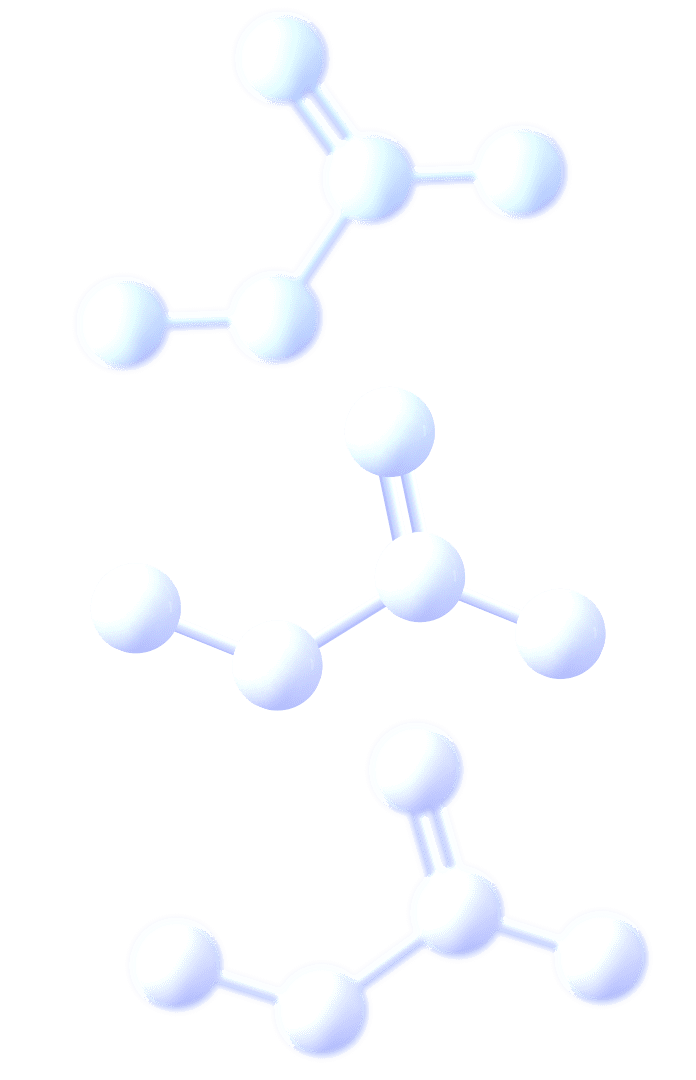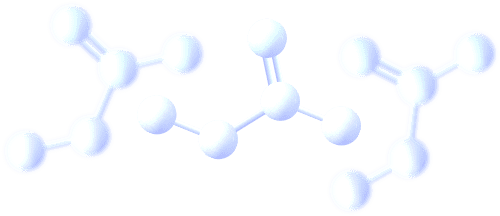
What is it?
Glycine
Glycine (Gly, G) is one of the amino acids that make up the proteins of living beings.
It is not essential in the human diet, since the body itself is responsible for synthesizing it.
It is used in the body to synthesize a large number of substances, for example, for the synthesis of collagen and elastin.
Collagen synthesis means a Glycine expenditure of more than 15 grams per day, which must be supplied through the daily diet.
Benefits of Glycine:
- Glycine is a protector against stress.
- Prevents the decrease in the activity of antioxidant liver enzymes.
- It has functions as a neurotransmitter.
- It participates in the regulation of motor behavior, tissue regeneration, contributes to stress reduction, and develops cognitive functions (Oxford Dictionaries. Retrieved 2015-12-06).
- It improves the situation in liver damage due to alcoholism, some forms of cancer, and nephrotoxicity due to certain medications (B Matilla;2020).
Glycine in Enikia
It plays a positive control over the cell cycle as well as the improvement and strengthening of DNA and/or RNA synthesis as well as its gene expression. This is due to the fact that the amount of purines produced is optimal and necessary for these processes.

BALANCE AND VITALITY
Health is described in many ways, for example, it is considered as a dynamic condition of resilience to stressors and the...
BOOST PHYSICAL PERFORMANCE
Physical activity and correct nutrition help lay the foundations for optimizing health...
TOGETHER IN YOUR RECOVERY
When people go through illness and do not eat properly, they tend to reduce their daily activities and use fat and muscle reserves for energy...
ACTIVATE YOUR ANTI-AGING GENES
Aging is a natural process of living organisms where there is a continuous decline in mechanical-biological ...



